They delivered the news with authority, integrity, and a voice every household relied on.
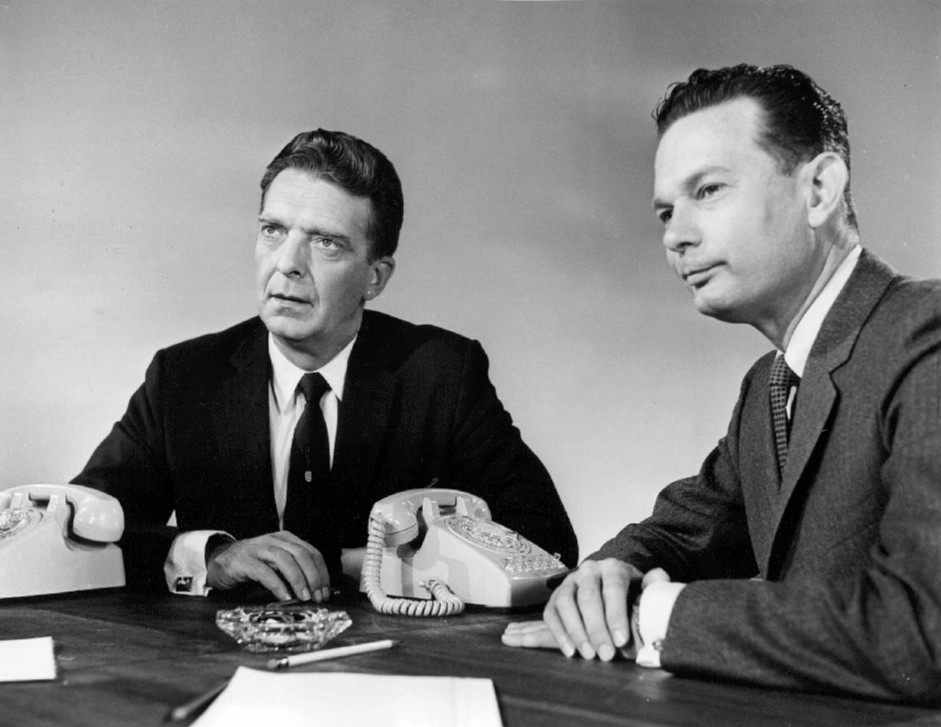
They delivered the news with authority, integrity, and a voice every household relied on. In a time when the evening broadcast was the centerpiece of family life, these anchors didn’t simply read headlines—they connected with you on a deeply personal level. Their measured cadence, carefully chosen words, and unwavering composure offered more than information; they offered companionship, guiding you through moments of triumph and tragedy with a steady hand and genuine empathy.
Long before the age of endless social feeds and instant updates, tuning in to your nightly news felt like welcoming trusted friends into your living room. Let’s take a nostalgic look back at eleven iconic anchors who defined trust for an entire generation.
1. Walter Cronkite Was America’s Most Trusted Voice for a Reason
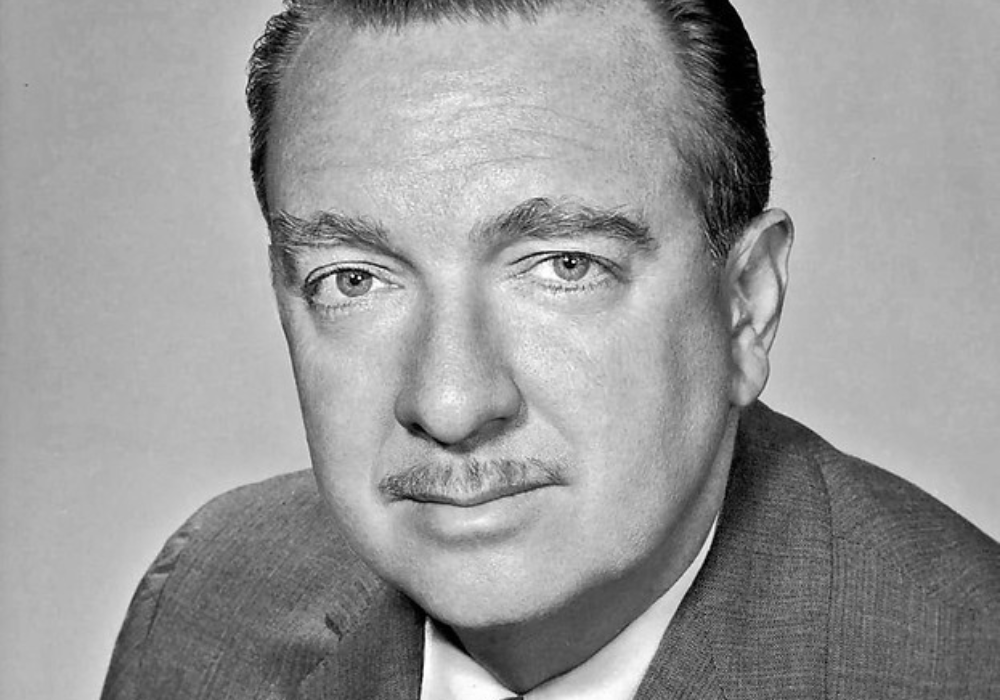
From the moment he appeared on screen, Walter Cronkite exuded a calm authority that felt almost paternal, as mentioned by writers at Art of Manliness. His rich baritone delivered some of the century’s most seismic events—JFK’s assassination, the moon landing, the end of the Vietnam War—with a blend of professionalism and heart that resonated deeply. He didn’t rush through the facts; he savored them, ensuring you understood their significance. When he signed off with his famous refrain, “And that’s the way it is,” you believed every word.
Cronkite’s brilliance lay in his ability to balance gravitas with warmth. He never shied away from conveying the weight of a story, yet he always made you feel included, as if you were right there with him. His integrity was palpable; you knew he’d checked every source, verified every detail. In an era when skepticism could easily take root, Cronkite’s unwavering commitment to truth set a gold standard that generations of journalists would strive to match.
2. David Brinkley Made the News Feel Like a Conversation
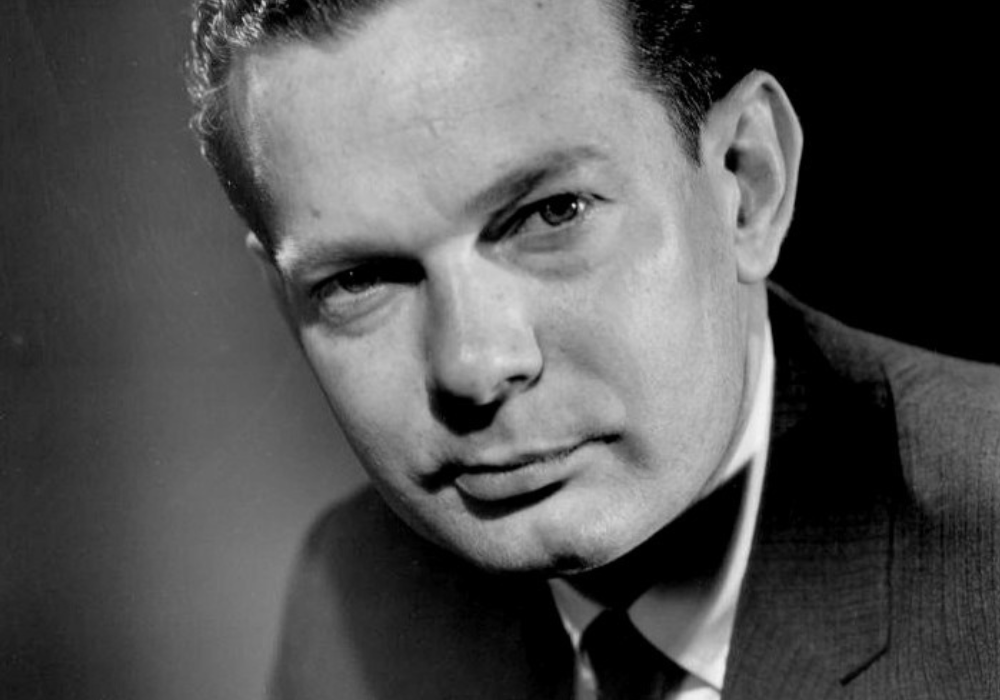
With his dry wit and conversational style, David Brinkley turned the evening broadcast into an engaging dialogue rather than a monologue, as reported in an interview by Bart Elmore at Origins. As half of the legendary Huntley-Brinkley duo, he had an uncanny talent for distilling complex political maneuvers and global crises into clear, relatable narratives. Listening to Brinkley felt like catching up with an old friend—one who happened to have an encyclopedic grasp of world affairs.
Brinkley’s approachable demeanor didn’t undermine his journalistic rigor; it enhanced it. He would drop a wry comment, pause for effect, then deliver a crucial statistic with pinpoint accuracy. That blend of levity and seriousness made even the most daunting headlines more accessible, helping viewers navigate the swirl of information with ease. In a living room lit by television glow, you felt at ease as you absorbed the day’s most pressing stories.
3. Chet Huntley Gave Viewers a Steady, Reliable Perspective
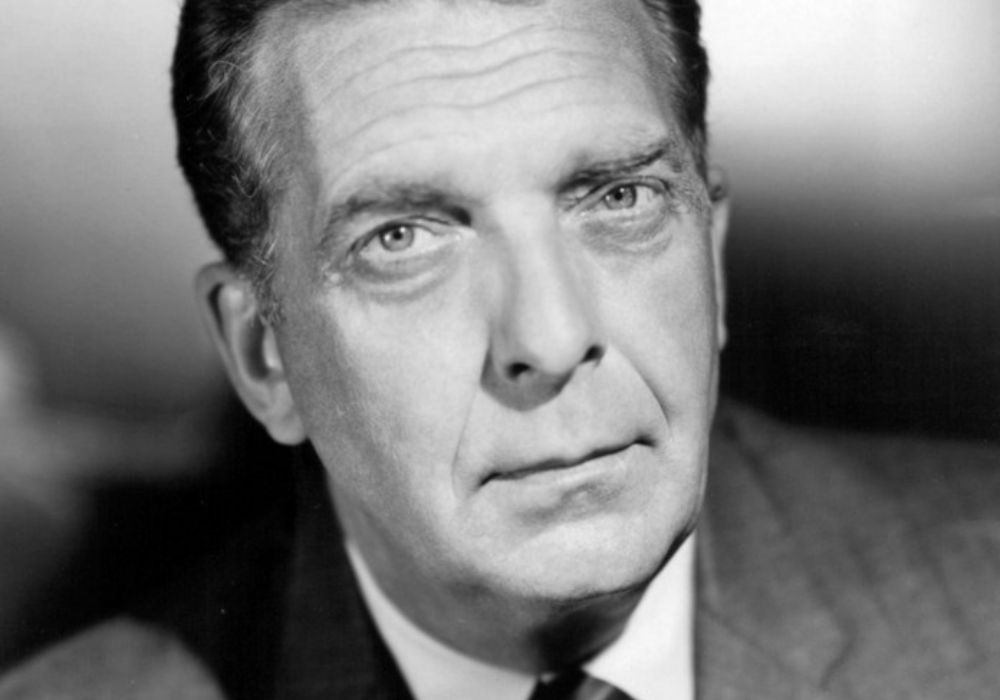
Chet Huntley complemented Brinkley perfectly with his measured cadence and stoic presence. His deep, resonant voice conveyed both gravity and reassurance, creating a sense of balance whenever world events felt chaotic. Whether he was discussing Cold War tensions or domestic policy shifts, Huntley’s delivery was like a calm beacon in stormy seas—firm, unwavering, and profoundly reassuring.
Huntley’s partnership with Brinkley was more than two voices on a screen; it was a study in journalistic harmony, as shared by writers at Herald-Tribune. Huntley would present the weighty facts, and Brinkley would unpack them with insight. When Huntley closed with his trademark, “Good night, David,” it felt like two friends signing off after an honest, enlightening chat. For millions, that partnership represented the ideal blend of reliability and relatability.
4. Dan Rather Didn’t Back Down from the Tough Stories
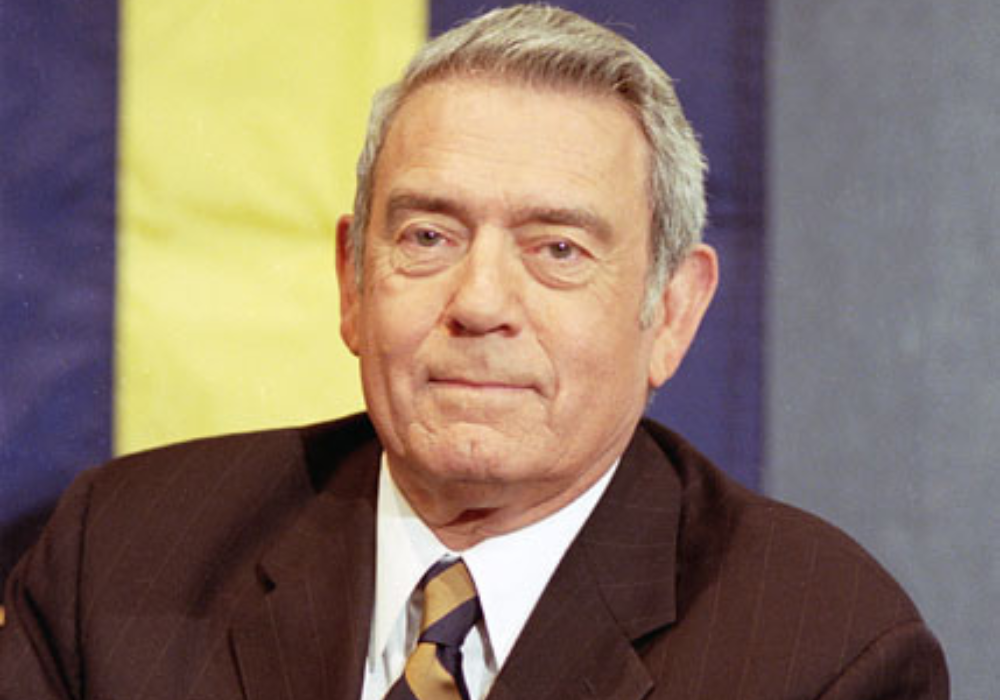
Dan Rather’s fierce determination and fearless reporting made him a trailblazer in broadcast journalism. Covering everything from the jungles of Vietnam to the corridors of power in Washington, he brought a visceral intensity to stories that demanded attention. You could almost feel the grit in his voice as he narrated scenes of conflict or scandal, reminding you that journalism’s highest calling is to shine light into the darkest corners.
Rather’s passion was infectious. He wore his convictions on his sleeve, challenging authorities and asking hard questions even when it ruffled feathers. That tenacity earned respect from viewers who craved accountability and truth. When Rather stood firm on controversial reports, you knew he wasn’t seeking headlines—he was seeking justice, making him a figure you couldn’t help but admire.
5. Barbara Walters Broke Barriers While Winning Your Respect
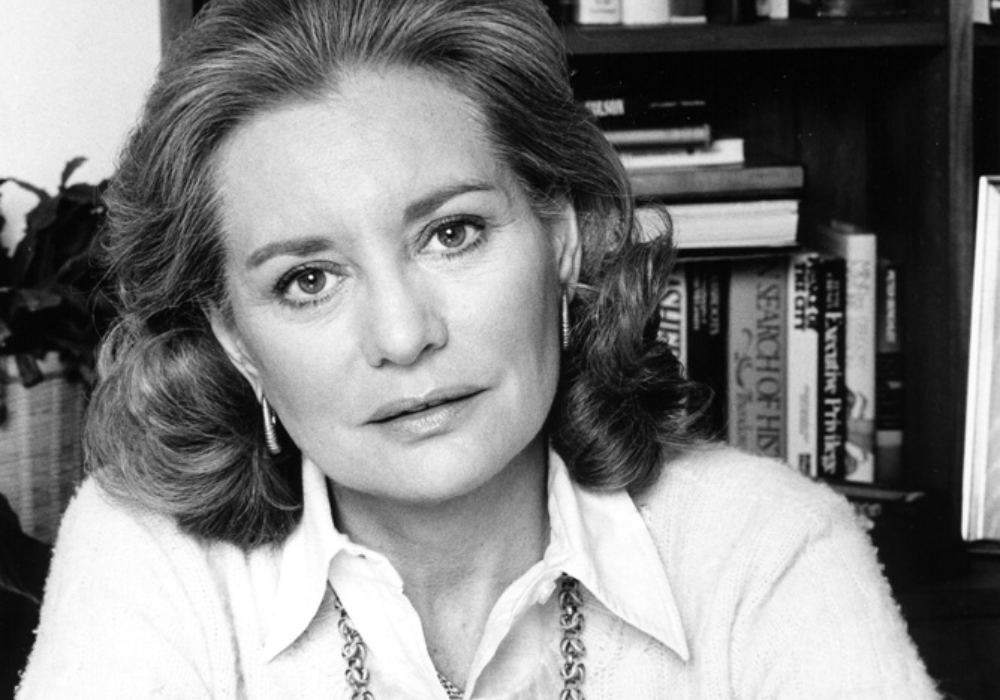
When Barbara Walters stepped behind the anchor desk, she shattered glass ceilings and redefined the role of women in journalism. Her poised, elegant presence was matched only by her tenacious interviewing style. Walters had an uncanny ability to draw out candid reflections from even the most guarded personalities, whether interviewing heads of state or Hollywood legends.
Walters combined warmth with tenacity, making you feel both comfortable and captivated. Her groundbreaking position as the first female co-anchor on a major network illustrated her talent and the respect she commanded across the industry. You trusted her not because she fit the mold, but because she transcended it—bringing empathy, insight, and an unerring commitment to the truth.
6. John Chancellor Balanced Gravitas with Approachability
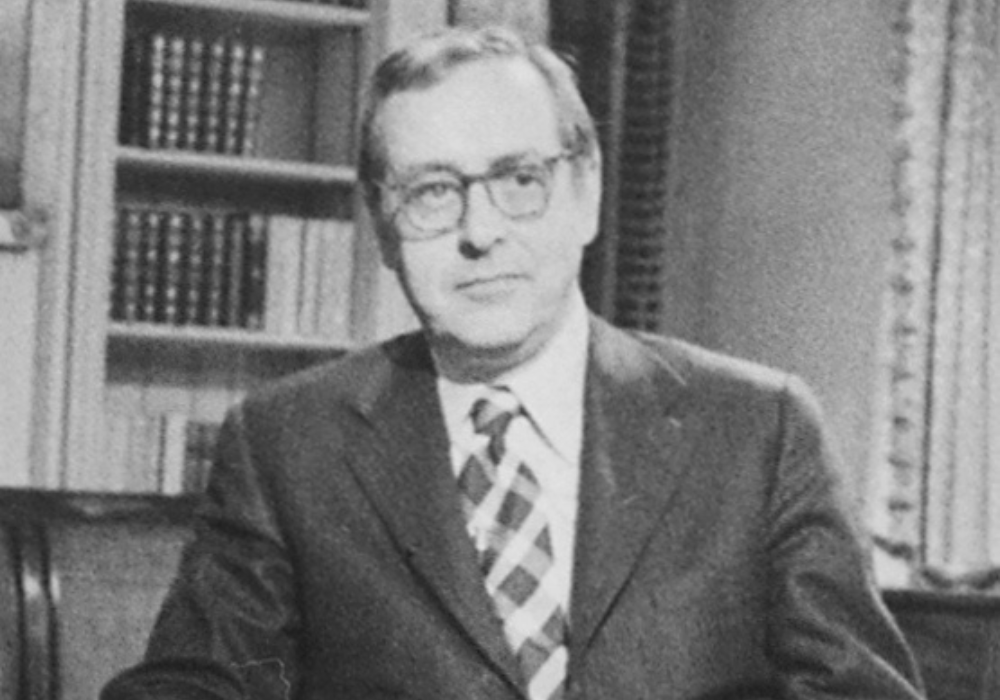
John Chancellor’s understated, straightforward approach distinguished him from more flamboyant peers. He presented the news without frills, focusing on clarity and depth. His homey demeanor and folksy tone made viewers feel as if they were sitting down for a frank discussion about the state of the world, rather than enduring a theatrical performance.
Chancellor excelled at making complex topics comprehensible. Whether unpacking the implications of Watergate or exploring shifting economic policies, he broke down dense issues into digestible insights. His lack of pretense fostered trust—you believed his analysis because it was plainly delivered, without sensationalism or spin.
7. Harry Reasoner’s Wit and Charm Made the News Memorable
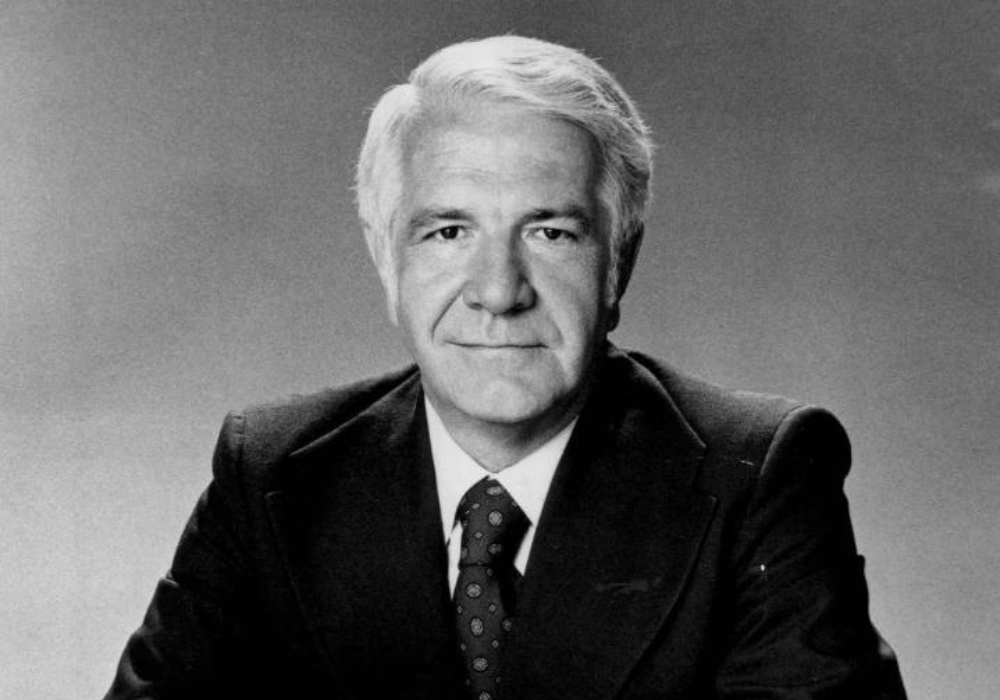
Harry Reasoner brought a dash of personality to an otherwise solemn medium. His crisp delivery and subtle humor offered relief without diminishing the gravity of the stories he covered. Reasoner could pivot from a hard-hitting political exposé to a nuanced cultural piece with ease, drawing you in with a clever turn of phrase or a wry observation.
Reasoner’s charm reminded viewers that journalism needn’t be dour to be serious. He proved that a well-placed quip or a moment of levity could illuminate a story’s human side. That personal touch created a bond—you felt he was speaking directly to you, sharing not just facts but perspective.
8. Peter Jennings Was the Cool, Confident Voice of Global News
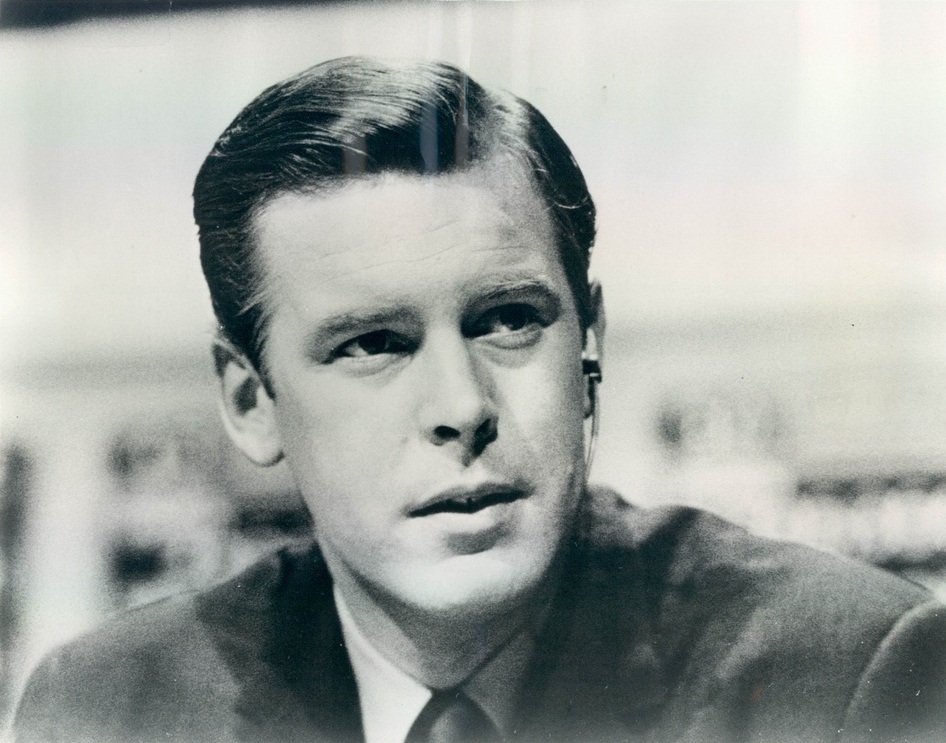
Peter Jennings transformed the anchor role into that of a global correspondent with a local accent. He reported from Beirut, London, and Moscow, then brought those experiences back to American living rooms with a polished, calm delivery. Jennings had an effortless charisma—a sense of poise under pressure that made viewers feel they were getting the full picture.
Jennings excelled at context. He connected local reactions to global developments, helping you understand not just what was happening but why it mattered. His journalistic curiosity and composure fostered a sense of shared exploration, as if together you were piecing together the world’s puzzle each night.
9. Tom Brokaw Captured the Spirit of the American People
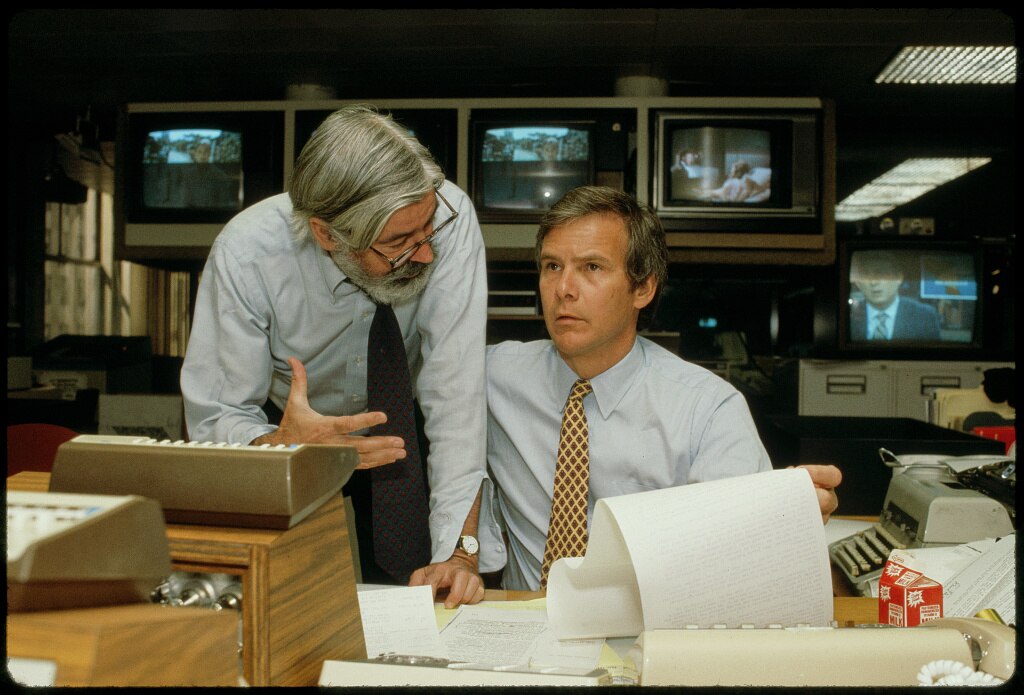
Tom Brokaw infused his broadcasts with a genuine empathy that spoke to the heart of everyday Americans. His “Greatest Generation” series highlighted stories of ordinary individuals doing extraordinary things, reminding viewers of shared values and collective resilience. Brokaw’s storytelling transcended mere headlines, forging emotional connections that lingered.
Whether covering the fall of the Berlin Wall or natural disasters at home, Brokaw sought the human element. He reported not just events but experiences, ensuring you saw the faces behind the headlines. That approach fostered a sense of unity—you felt part of a broader narrative, one where personal courage and communal bonds mattered most.
10. Frank Reynolds Was the Anchor Who Made You Feel Heard
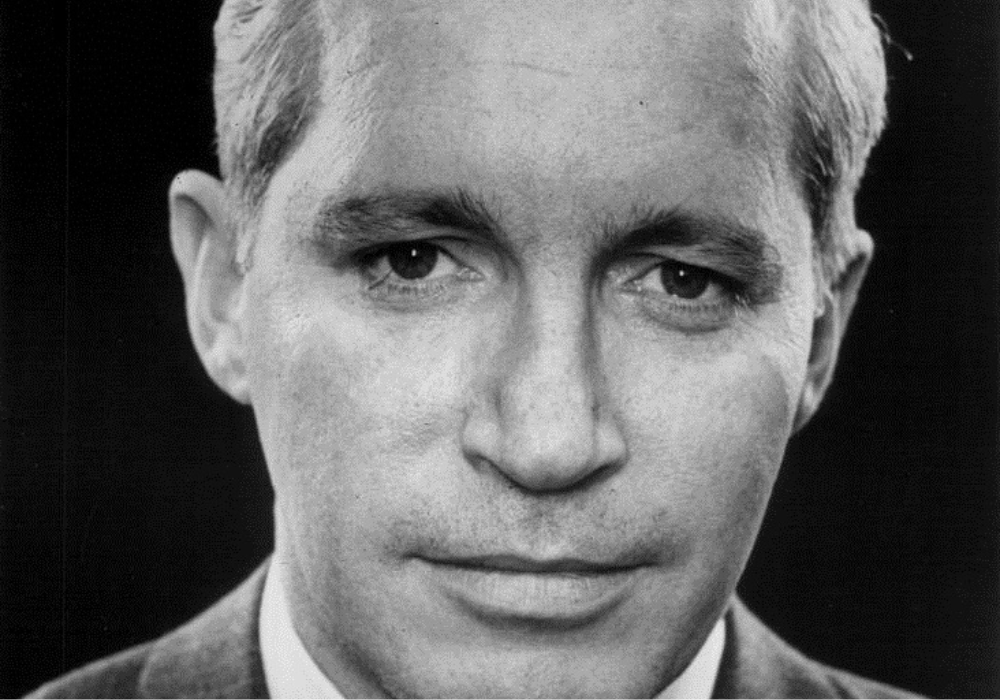
Frank Reynolds’s willingness to show emotion set him apart. During moments of national grief or anxiety, his heartfelt delivery conveyed that he too bore the weight of the stories he told. Reynolds’s sincerity created a safe space in which viewers could process shared sorrow or hope, knowing they weren’t alone in their feelings.
Reynolds combined journalistic rigor with genuine compassion. He didn’t just relay facts; he acknowledged their human impact. When he fought back tears or paused to gather himself, you sensed the authenticity behind the broadcast. That raw honesty deepened your trust, making you feel truly seen and heard.
11. Max Robinson Broke Barriers While Keeping It Real
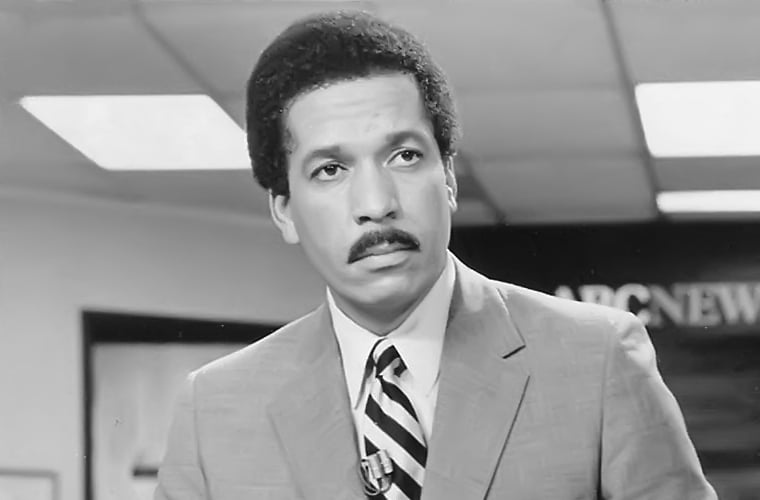
As the first Black nightly news anchor, Max Robinson brought both representation and authenticity to the anchor chair. His straightforward delivery and willingness to tackle uncomfortable truths challenged viewers to confront societal inequities. Robinson’s presence signaled that journalism belonged to everyone, not just a select few.
Robinson’s courage extended beyond the headlines. He navigated network politics and on-air challenges with resilience, refusing to soften his voice or his convictions. His authenticity resonated with viewers who saw in him a reflection of their own struggles and aspirations. Robinson didn’t just report the news—he reshaped the narrative, reminding you that trust and truth flourish when every voice is heard.
